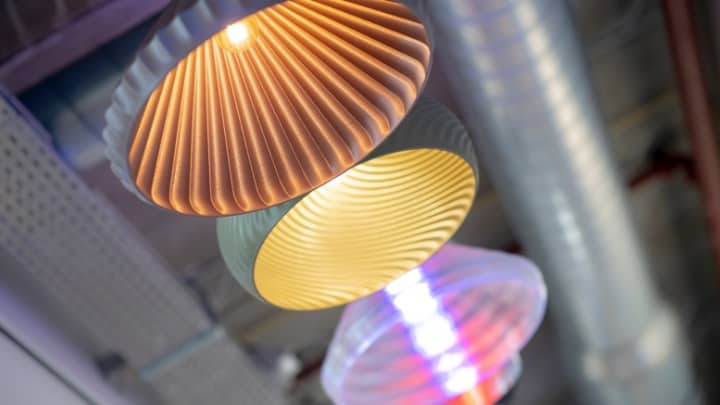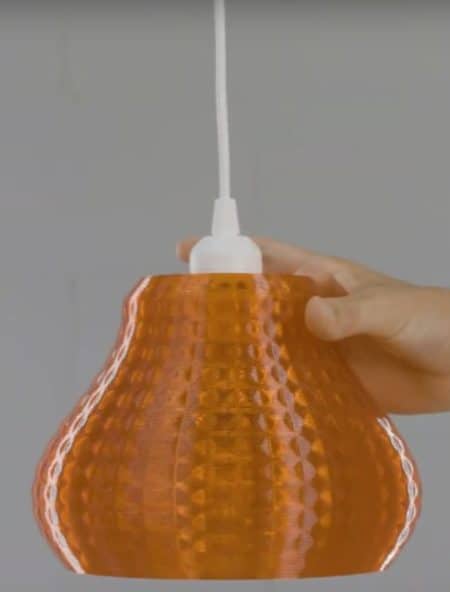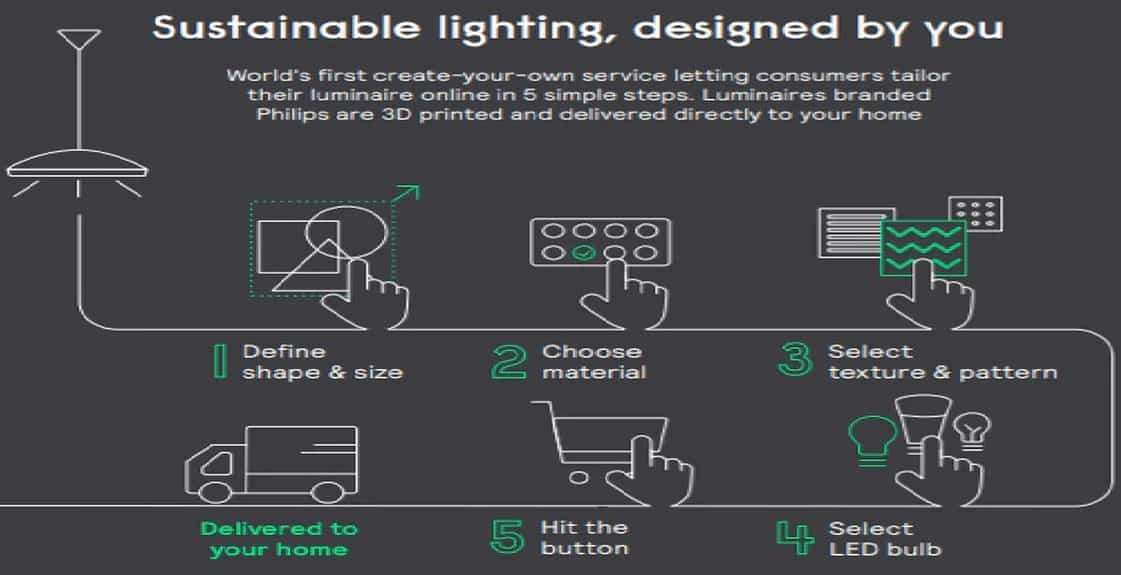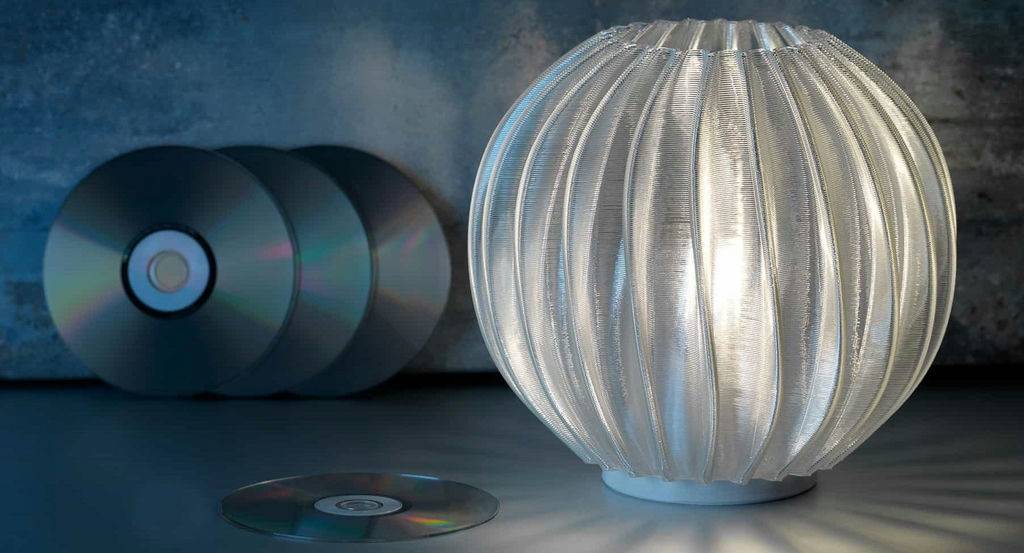3D Printed Luminaires (tailor-made) were launched by Signify (earlier called Philips Lighting) in India on March 18.

The company said in a statement that this is a sustainable form of manufacturing, using a 100 percent recyclable polycarbonate material. They are tailored to the customer’s needs and recycled at the end of their life, supporting a circular economy.
The price of the product starts at INR ₹2,500/-. If a customer wants a design change, he/she can hand over the lighting product to the company and it will be re-designed using a 3D printer.
Currently, Signify is the only major lighting manufacturer to be producing 3D-printed lighting products on an industrial and commercial scale in India.

The company has set up a 3D printing manufacturing facility at its existing lighting factory in Vadodara, in addition to a design lab at its R&D centre in Noida where interior designers, architects and lighting designers can visit the facility and see the products being made.
Sumit Joshi, Vice Chairman and Managing Director, Signify Innovations India said, “We are proud to be the first lighting manufacturer to produce 3D printed luminaires in India on an industrial scale in alignment with the Indian government’s agenda of a self-reliant India. Printing luminaires provide a more flexible, fast and environmentally friendly way to manufacture as we can create new, or customize existing designs, that fulfil customer needs quickly without huge investments and long development cycles.”
Consumers can design and order their 3D printed luminaires online on the company’s website or visit their nearest Philips Smart Light Hub to place their order. They can choose their colour, finish and texture for a customised product.

A 3D printed luminaire typically has a 47 percent lower carbon footprint than a traditionally manufactured metal luminaire, excluding electronics and optics. The final product is also two-thirds in weight compared to a conventional luminaire, which ultimately translates to a 35 percent carbon emission reduction during shipping.
Signify said nearly every component of these luminaires may be reused or recycled at end of life and repurposed into new designs, thereby supporting the concept of a circular economy.
The company has also set up 3D printing facilities in other parts of the world including the United States, Belgium, the Netherlands and Indonesia. The company has already secured several customers like Marks and Spencer (M&S), Albert Heijn, SAS, Total and Praxis for these products.
More information on 3D Printed Luminaires, right here!

